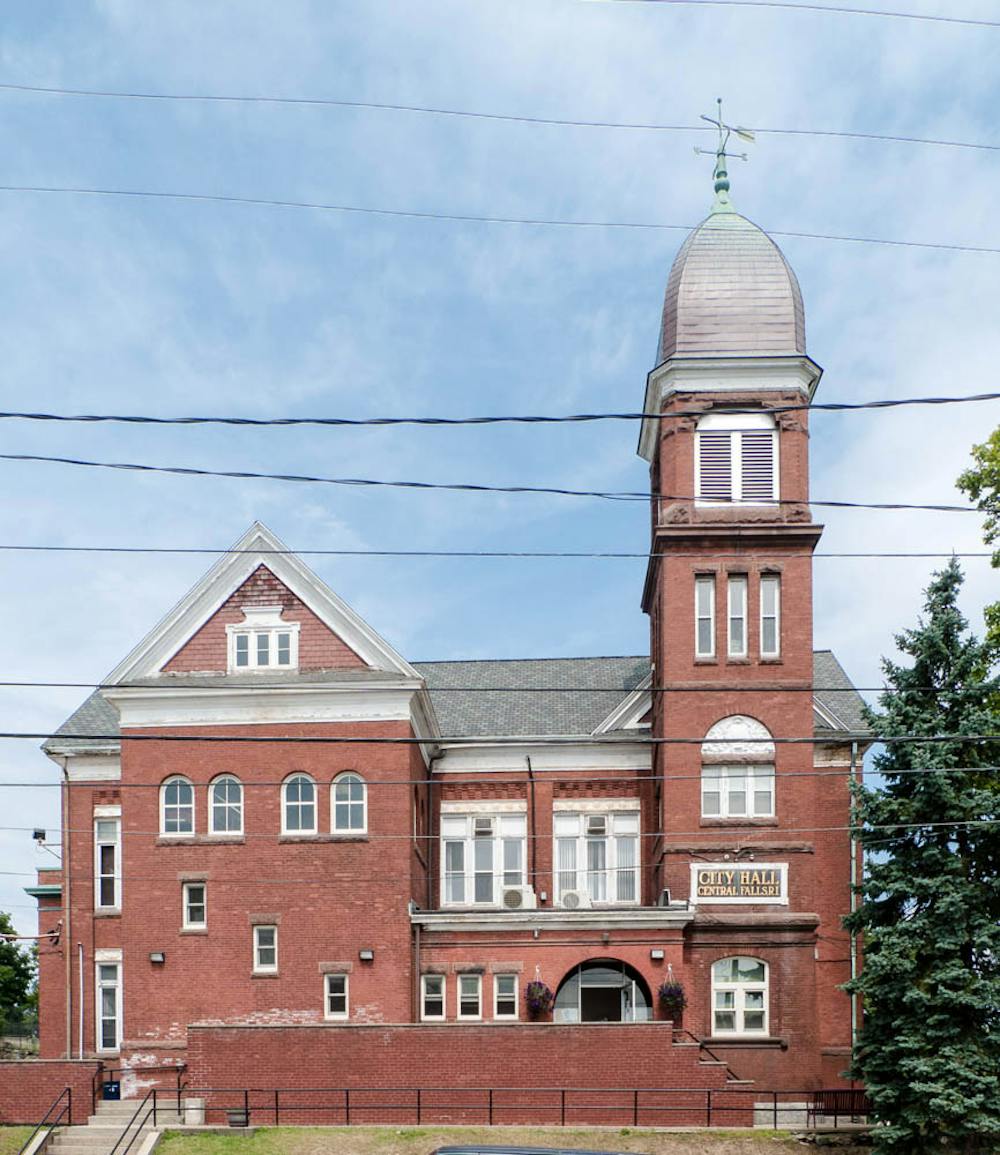The implications of President Trump’s zero-tolerance immigration policy have reached Rhode Island, where the Central Falls Donald W. Wyatt Detention Facility is in the midst of a legal battle over its several-weeks-long detainment of 133 asylum seekers.
The facility’s decision to hold immigrant detainees has sparked public outcry, and last Friday, the Central Falls Detention Facility Corporation voted to suspend its contract with the U.S. Immigration and Customs Enforcement. That same day, the facility’s board ordered that the detainees be transferred out of the Rhode Island.
But yesterday, Wyatt bondholders, who are invested in the facility, filed a lawsuit against the City of Central Falls and Central Falls Detention Facility Wednesday. The suit seeks to continue holding ICE detainees in the Wyatt facility and claims that the removal of ICE detainees from the facility could cost bondholders over $130 million, the Providence Journal reported.
The prison takes a financial hit when it’s at low occupancy, so bondholders are incentivized to support measures that maintain and grow the prison population.
The contentious contract was signed January 2019, when ICE requested the use of no more than 225 beds in the Wyatt facility to support Trump’s Southwest Border Zero Tolerance Initiative, according to an agreement signed by the U.S. Marshals Service and the detention center.
“It was kind of under the radar until the folks got moved in,” said Carl Krueger, an immigration lawyer for the Dorcas International Institute of Rhode Island.
The Wyatt facility received ICE detainees March 10, when over 130 asylum-seekers transferred to Central Falls from Arizona, according to a notice sent to Wyatt bondholders. Soon after the detainees arrived at the facility, the Central Falls community expressed outrage at the treatment of those seeking asylum.
An April 8 letter from Nicholas Hemond, assistant city solicitor of Central Falls, to Adrienne Walker, an attorney representing the Wyatt’s bondholders, stated that “this municipal detention center was meant to be an asset to the people of the City, not a source of fear, distress and panic to city residents. … The Wyatt’s implementation of the ‘Southwest Border Zero Tolerance Initiative’… was the last straw and inspired legitimate community outrage and public outcry.”
The letter called the detention of immigrants at the facility “abhorrent to the ethos of the City, a predominantly immigrant and first generation American city.” Central Falls has a sizeable population of immigrants from Central America, and its mayor, James Diossa, is the son of immigrants from Colombia.
Diossa and members of his administration, as well as many community groups, protested the holding of ICE detainees multiple times in front of the Wyatt Facility throughout the end of March — shouting “We see you!” and “We are here for you!” Diossa also called for the immediate closure of the facility.
The broad coalition of community groups that have taken a stand against the holding of ICE detainees include Amor, Dorcas International, the American Civil Liberties Union and other members of the Immigration Coalition, a consortium of over 50 different groups, Krueger said.
But according to representatives from the facility, the protests actually threatened those inside the prison. In a letter to city leadership, Walker wrote that the protests “negligently put the staff and detainees at the Wyatt at risk of danger and immediate harm.”
The tension between the facility and its community is not new. The facility last held ICE detainees in 2008 but ended the practice after an immigrant detainee died while in custody, allegedly due to inadequate medical care for his cancer. Following this death, ICE withdrew its remaining 153 detainees from the facility. Further, the privately run, quasi-public prison has faced major financial difficulties since 2005, when it took on $100 million in debt to perform a major renovation. As a result, the facility stopped making payments to the City of Central Falls from 2008-2012, according to a 2012 special joint legislative commission document.
Currently, all asylum seekers are still in ICE custody of some form, despite some being removed from Wyatt. If a legal battle ensues, it is unclear whether or not more asylum-seekers will return.
The Central Falls activist community has “won a little battle, but by no means has the war been won,” Krueger said.





